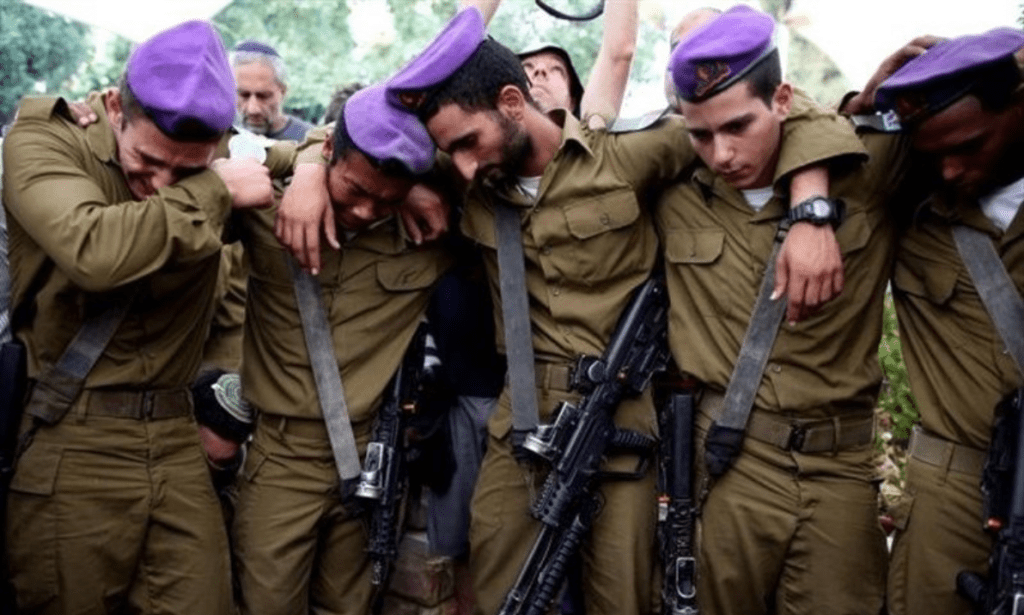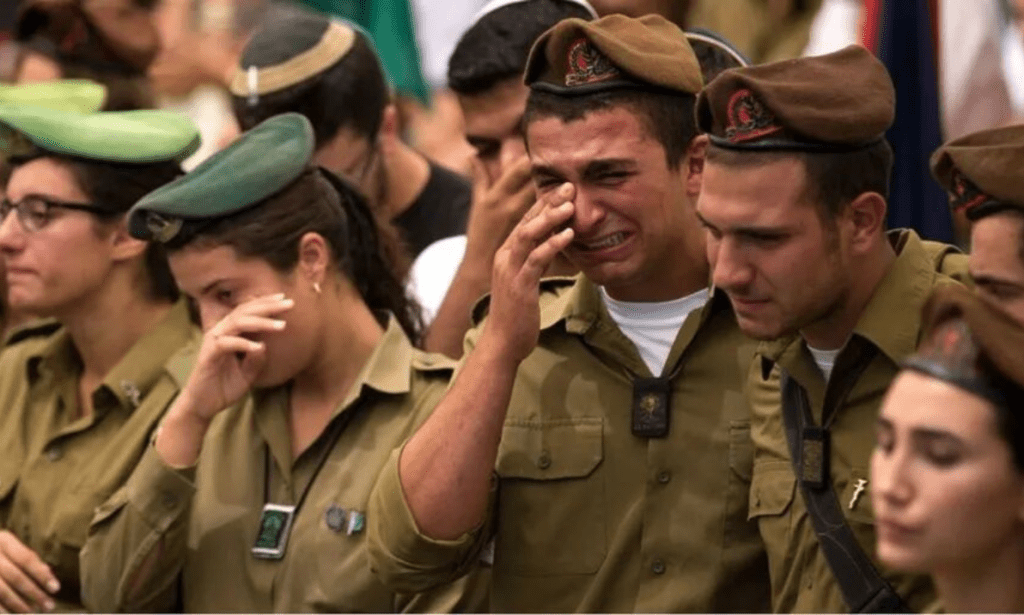Early this month, a man by the name of Eliran Mizrachi committed suicide. He wasn’t just an Israeli excavator driver; turns out he was also an Israeli soldier, one who, instead of returning to service in Rafah, committed suicide. The story doesn’t stop there, as it turns out that many other soldiers followed his path.
A couple of days after Mizrachi took his life, after getting discharged, a 21-year-old IDF solider of the Or Yehuda settlement ended up committing suicide on Ares Street. Even before that, the Hebrew news outlet Haaretz reported that 10 officers and soldiers had committed suicide since October 7, but the army covered it up.
The PTSD Conundrum
Many of the committed cases of suicide are linked to PTSD (post-traumatic stress disorder). Mizrachi was one of the soldiers officially diagnosed with the disorder and was undergoing treatment that was never successfully concluded. He was even called up prematurely for additional reserve duty.
While suffering from PTSD, he had to help collect the bodies of the murder victims at the Supernova music festival, as well as being assigned to fight in Gaza.


He wasn’t the only one who got called to duty mid-treatment. Clinic professionals at the National Clinic for Traumatic Stress & Resilience Tel Aviv University (TAU) said that many soldiers return to war and do so by delaying or quitting their therapy.
This not only further deteriorates their condition but also puts the other soldiers in danger as they’re not fully fit for service.
Cases Are Only Increasing
Since October 7, cases have been increasing at an unprecedented rate. The number of soldiers who need therapy keeps growing every month and has put Israel in a deep mental health crisis.
Seeing how soldiers themselves are unable to cope with the ongoing genocide is indicative of how unjust and severe the war has been. With that, it’s unclear how much more suffering will it take to end the crisis.



